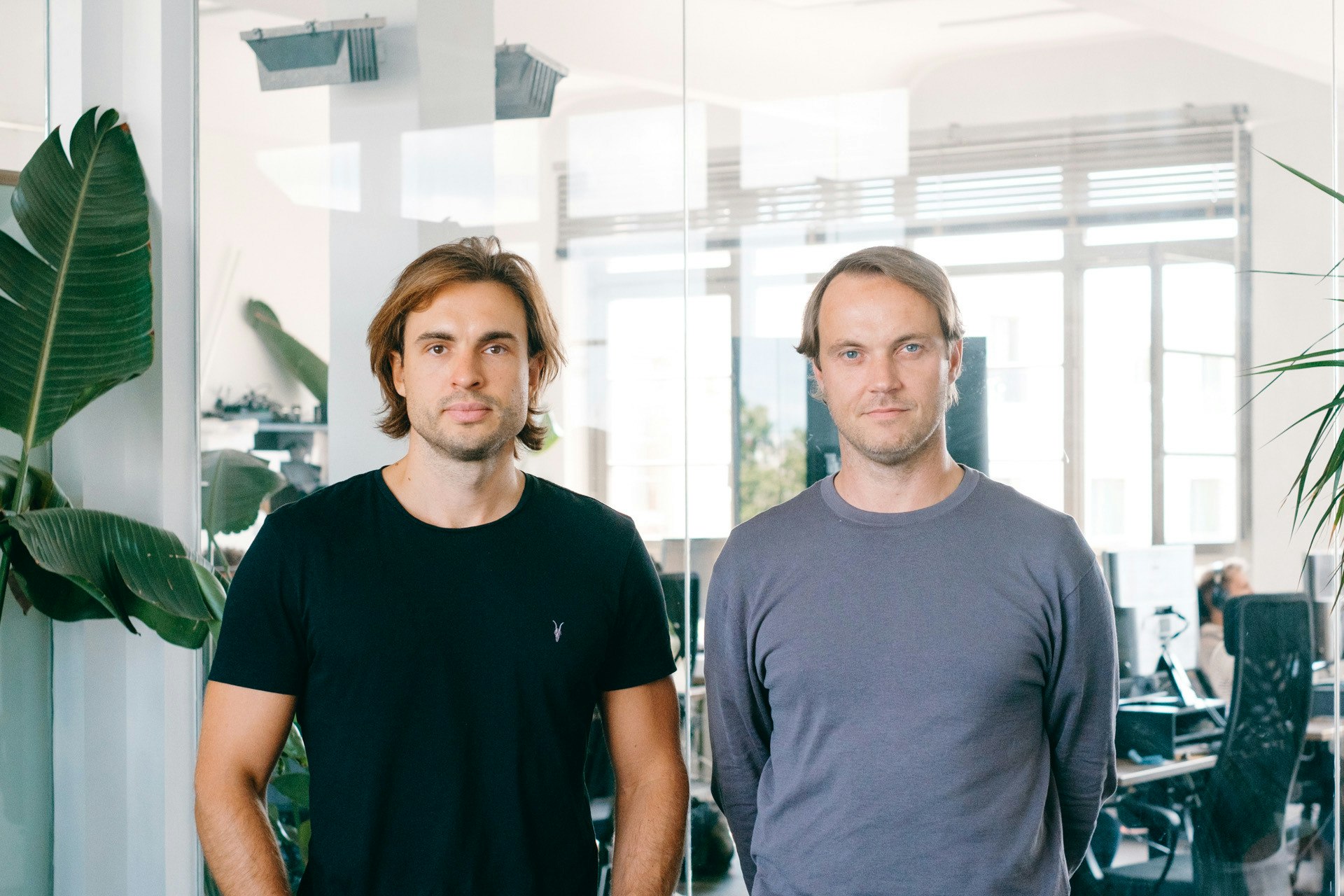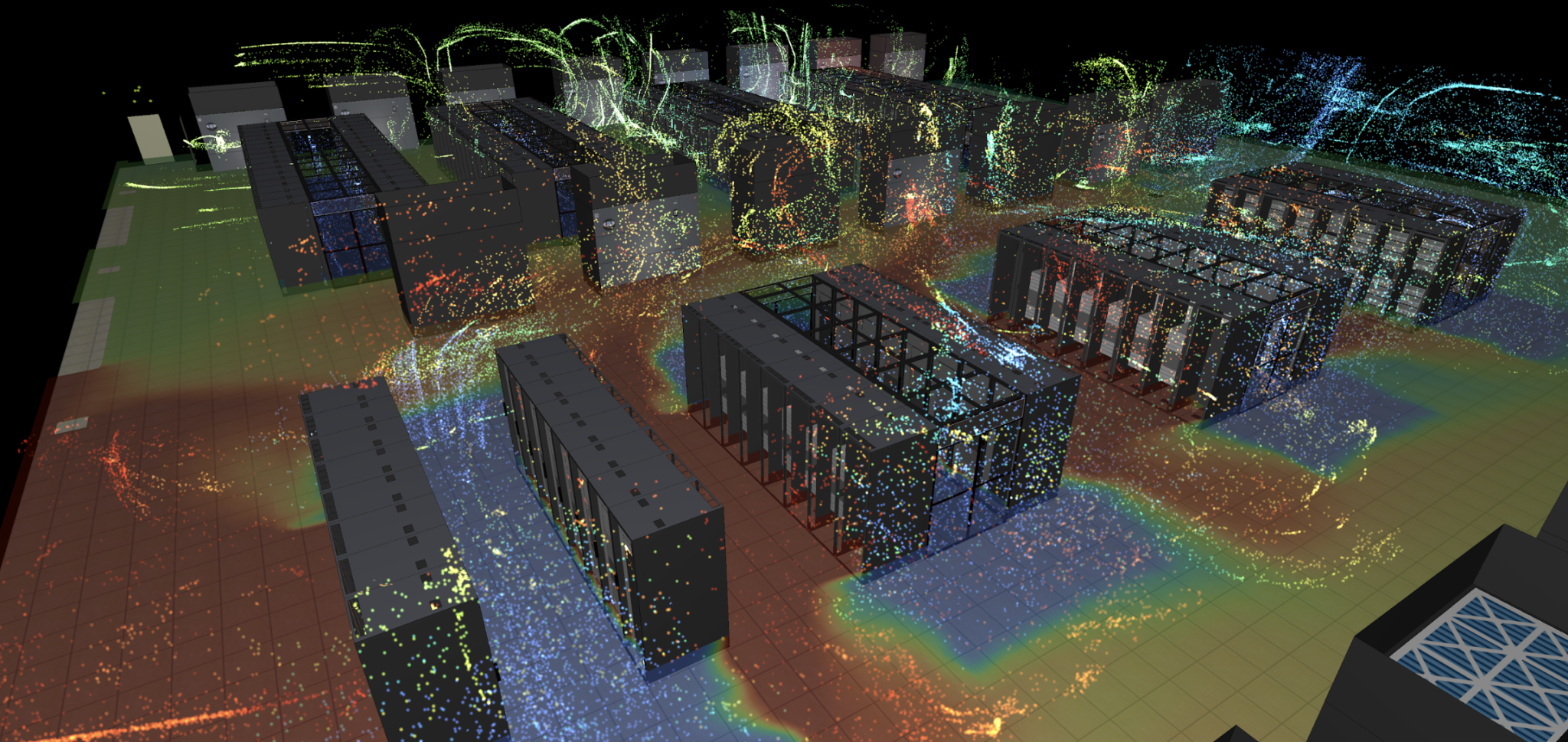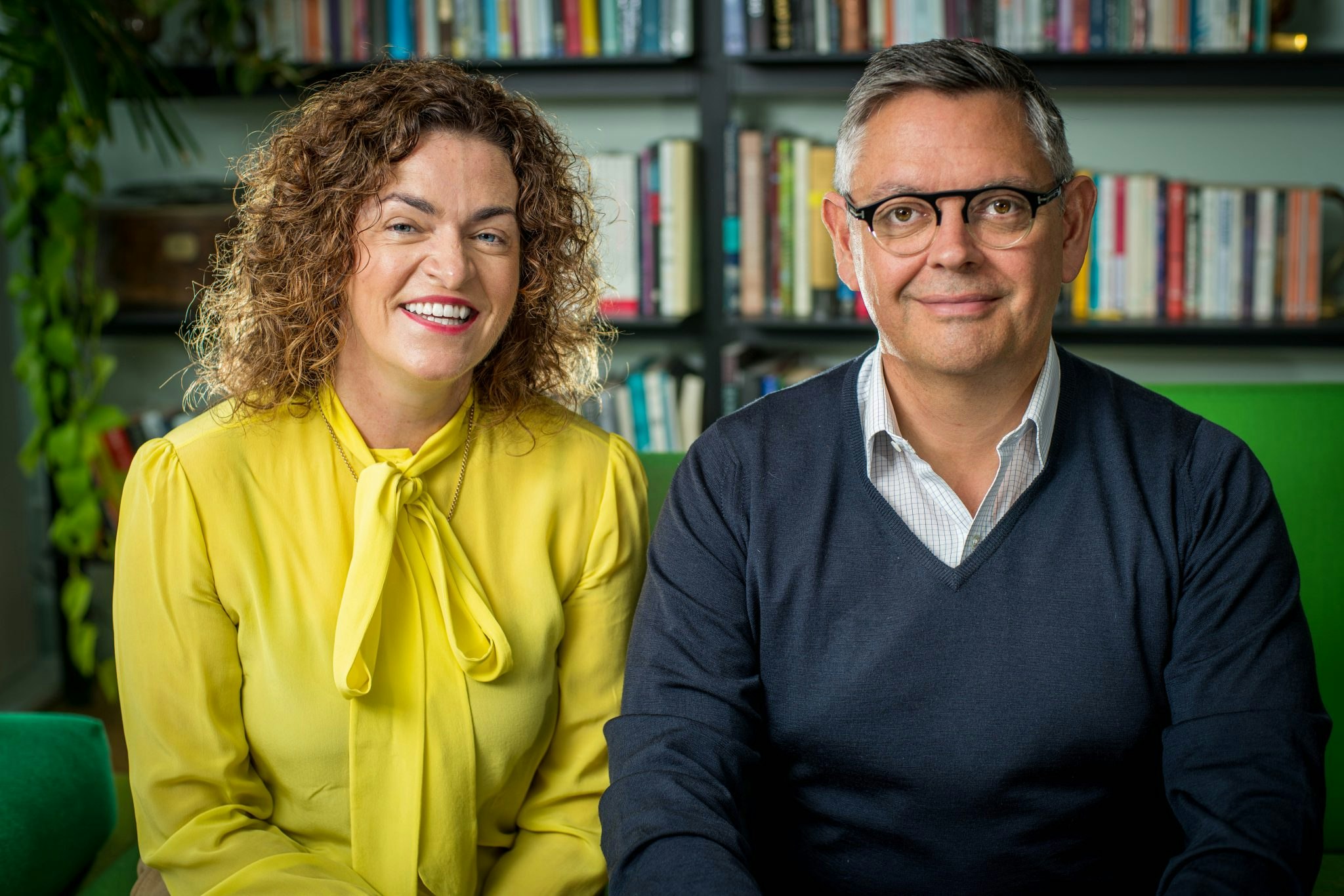Germany’s €1bn deeptech and climate tech fund will begin backing growth stage startups in 2024 in an effort to plug Europe’s post-Series B funding gap.
Launched in 2023, the DeepTech & Climate Fonds (DTCF) made six investments in its first year, mostly in early-stage companies, including 3D printing company Xolo, quantum computing startup Kipu Quantum and wastewater solution Membion.
But now it will shift its focus to backing more growth stage startups, says Elisabeth Schrey, DTCF’s managing director and formerly a VC at btov Partners and Matterwave Ventures.
“We want to position ourselves where the gap is in the market, in later stage investments — especially for asset-heavy technologies and those that have a really large need for external financing,” she says.
“Enabling large European rounds is the focus of this year.”
Tech advocates have long bemoaned the dearth of growth-stage funding in Europe. When European deeptech companies seek to raise capital beyond Series B, they often have to court non-European investors from the US or Asia. This risks these companies leaving the continent for other ecosystems, and means that Europe benefits less from their success.
In addition to the DTCF, the German government rolled out a $1bn fund of funds last year to help German and European VCs write bigger cheques.
More like a VC
The DTCF may be a government fund, but it prefers to be seen as a traditional VC.
Schrey says that the German government is fairly hands off when it comes to steering the fund’s investment strategy, and is not involved in the individual investment decisions.
She adds that there are some voices in the ecosystem that would like to see more direction from the government, while others would like to see less.
Originally, the idea was for the fund to invest in startups alongside corporates and family offices, but it shifted its strategy last summer to allow it to co-invest with VCs too.
Schrey says that this is because coinvesting with VCs, which have had a longer presence in the market and thus a good network, gives the DTCF access to interesting deal flow, and helps it make connections with other types of investors, be it corporates, angel syndicates or other VCs.
Ideally, the DTCF wants to work with companies over a long period of time, in the same way that some early-stage seed funds make follow-on investments in their portfolio to stay close to “high potential” companies.
“When we talk to founders, if they want a super fast exit within the next 18 months then we are not the right partner, because we really want the company to grow in Germany and also internationally, and we want to provide the funding,” says Schrey.
She adds that the DTCF’s role in the market is providing startups with an overview of different financing options for later stage companies that are not yet “private-equity ready”, including venture debt, asset heavy financing or infrastructure financing.
DTCF’s tech portfolio
On a state level, the hottest topic right now in Germany is the energy transition — an area where startups can play a key role, says Schrey.
“Electricity and energy supply is perhaps the most important factor for the green transition of our old economy,” she says, adding that the DTCF is keen to invest in companies helping the switch to sustainable energy.
Last year, the DTCF backed eze.network, a Munich-based company offering charging infrastructure for a variety of vehicles in metropolitan areas. It also participated in the Series A round of electric truck startup Fernride alongside Speedinvest, the European Investment Fund and German venture network 10x Founders.
The fund wants to have a mixed portfolio of software and hardware, and is keen to not only invest in tech that can be commercialised right now, but also in areas — such as nuclear fusion and quantum computing — that will have significant strategic importance for nations further down the line.
“Fusion or quantum computing are topics that are super far in the future, but they could be a game changer,” says Schrey.


